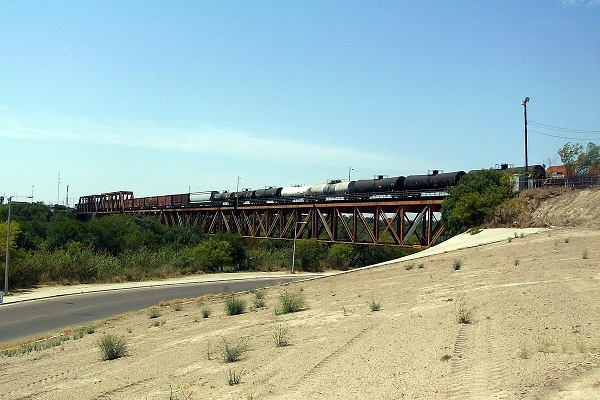
Panasonic Energy, a Panasonic Group company, has announced plans to start construction of its new EV battery manufacturing facility in Kansas, this month.
The facility at De Soto will manufacture cylindrical Li-ion batteries for electric vehicles (EV).

Discover B2B Marketing That Performs
Combine business intelligence and editorial excellence to reach engaged professionals across 36 leading media platforms.
It will be the company’s second EV battery facility in the US following the Panasonic Energy of North America (PENA) facility in Sparks, Nevada.
The new manufacturing facility in Kansas will increase the current production of Panasonic’s 2170 EV batteries, which presently have high demand from customers.
Mass production is expected to commence by the end of March 2025.
The initial production capacity of the new facility is anticipated to be 30GWh.

US Tariffs are shifting - will you react or anticipate?
Don’t let policy changes catch you off guard. Stay proactive with real-time data and expert analysis.
By GlobalDataIn a phased manner, Panasonic Energy plans to bolster its EV batteries lineup and increase its production capacity in North America.
Panasonic Energy president and CEO Kazuo Tadanobu said: “As the global shift to EVs accelerates, we are looking into ways to strengthen our battery production capacity in North America and meet the growing demand from our automotive partners.
“With our superior technology and extensive experience, we will drive the growth of the Li-ion battery industry, accelerate our efforts to achieve zero emissions in the future, and work toward our mission of achieving a society in which the pursuit of happiness and a sustainable environment are harmonized.”
———————————————————————————————————————
Image: The initial production capacity of the new facility is anticipated to be 30GWh. Credit: Panasonic Energy Co., Ltd.





